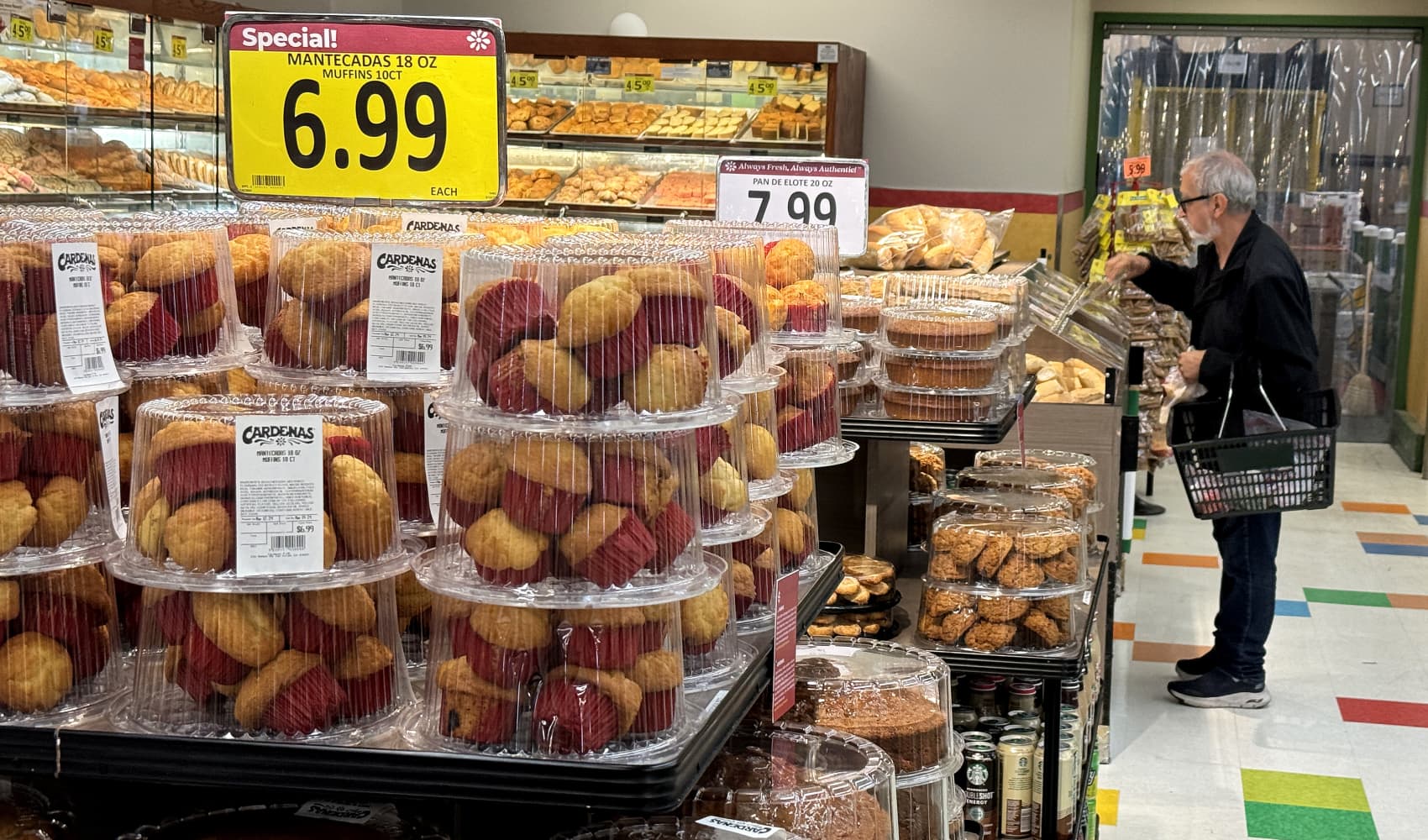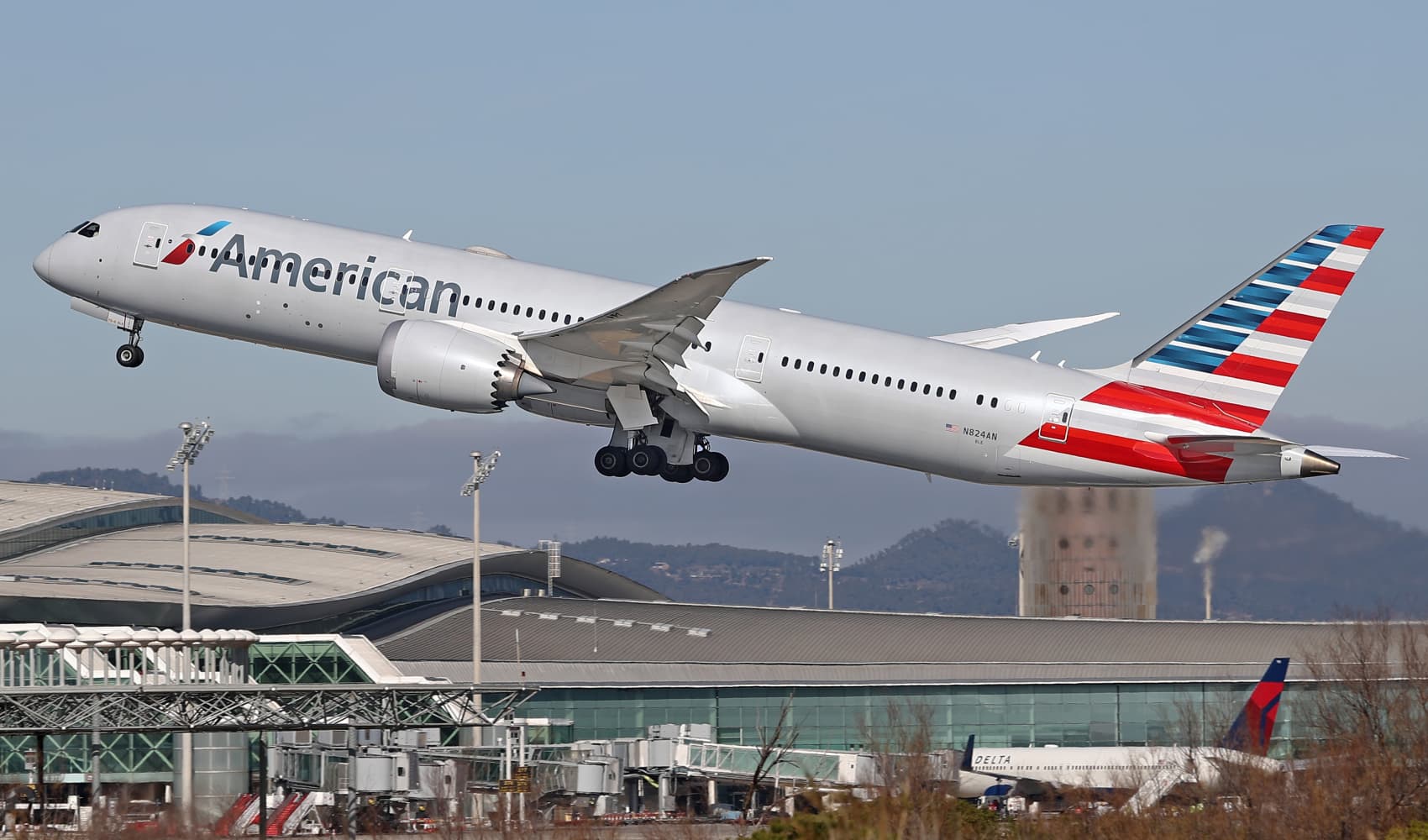
- Shares of Germany-based food delivery firm Delivery Hero plummeted 29% Thursday.
- Analysts pointed to Delivery Hero's 2022 guidance as the reason behind the negative market reaction.
- The company shed nearly $6 billion in market value as a result.
European food delivery firm Delivery Hero saw its share price plunge Thursday, wiping out nearly $6 billion from its market value, after announcing earnings guidance that disappointed investors.
The Germany-based company said it generated 9.6 billion euros ($11 billion) in gross sales volume in the fourth quarter of 2021, up 39% year-on-year. Revenues climbed about 66% to 1.9 billion euros in the quarter.
For the full year, Delivery Hero reported overall sales volume of 35.4 billion euros, slightly exceeding its own guidance, while revenues soared 89% to 6.6 billion euros, roughly in line with expectations. Its adjusted core profit margin came in at -2.2%, slightly worse than expected.
Get a weekly recap of the latest San Francisco Bay Area housing news. Sign up for NBC Bay Area’s Housing Deconstructed newsletter.
Nevertheless, shares of Delivery Hero plummeted more than 30% Thursday. The company shed 5.1 billion euros — or about $5.9 billion — in market value as a result.
Analysts pointed to Delivery Hero's 2022 guidance as the reason behind the negative market reaction. While Delivery Hero said it expects its platform business to hit breakeven, full-year guidance for the group's core profit margin came in at between -1% to -1.2%.
''It only takes a small bump in the road to puncture sentiment around the pandemic winners like Delivery Hero, and the projections for 2022 are somewhat underwhelming," Susannah Streeter, senior investment and markets analyst at Hargreaves Lansdown, told CNBC.
Money Report
"There is heightened sensitivity surrounding delivery companies as workers return to offices and restaurants fill up with people desperate to jump start their social lives," she added.
Investors are growing wary about lofty valuations in the tech sector — especially for loss-making companies like Delivery Hero — as central banks start hiking interest rates to tackle rising inflation.
The Bank of England was among the first to act, increasing rates once in December, and again earlier this month. The U.S. Federal Reserve has signaled it will hike rates as early as March, while the European Central Bank has been more dovish.
Asked about the impact of inflation on his business, Delivery Hero CEO Niklas Östberg said the firm was "not so impacted" by rising prices. The company already operates in countries with "extreme levels" of inflation such as Turkey and Argentina, he added.
Delivery Hero won't need to raise money from investors as it has a "strong balance sheet," sitting on a couple billion euros, Östberg told CNBC's "Squawk Box Europe."
"Our first priority is still growth, and we're growing into profitability this year," he said.
"We have to make sure we are not dependent on the capital market. We do not want to be forced to raise capital."
The food delivery sector has undergone significant consolidation, with several major companies buying up smaller rivals in a bid to stay ahead of the competition. At the end of 2021, Delivery Hero announced it would buy a majority stake in Spanish rival Glovo.
Delivery Hero has struggled even in its home market of Germany, where it is winding down its food delivery operations mere months after launching. Östberg said the company arrived "late" to the game and that it would have required a "10, 15-year investment period."
Rival online takeout apps were also knocked by Delivery Hero's trading update, with shares of Just Eat Takeaway.com and Deliveroo dropping 5% and 2% respectively.
"In a sector that is brutally competitive investors were looking for bullish not conservative from the top team and the share price has responded accordingly," Danni Hewson, financial analyst at AJ Bell, told CNBC.
"There are certainly some bright spots in this latest update from its core food delivery business and key investments should ultimately reward patience, but today's sell off shows that many investors are nervous."






